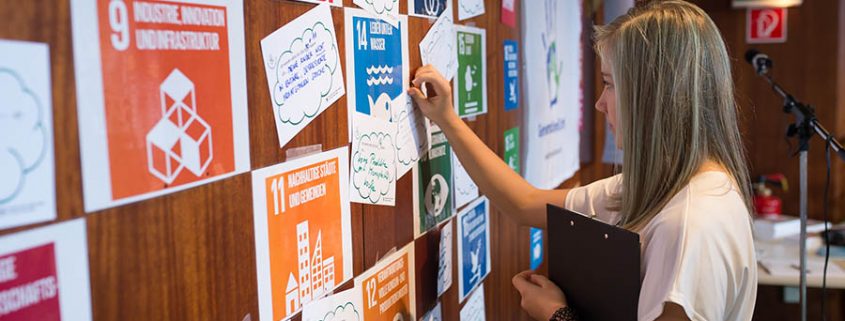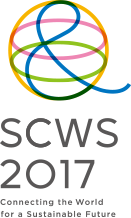Science for Global Understanding
By Mrs. Flavia Schlegel, Assistant Director-General, UNESCO
“Science for Global Understanding” is the theme for the 2017 World Science Day for Peace and Development. This theme is judicious as it is key for promoting peace and sustainable development. The 2030 Agenda, adopted in 2015 by the United Nations, represents a significant step forward in terms of recognizing science, technology, and innovation (STI) as driving forces for sustainable development’s three pillars: environmental, social, and economic. To achieve the ambitious goals set forth by the entire international community, it is very important to promote the science-policy interface. In its report to the Secretary-General of the United Nations, his Scientific Advisory Board wrote explicitly “Science without policy can be scattered and often fruitless. Policy without science usually fails to accomplish the immediate goal, and undermines confidence that the next policy will be any better. When science and policy unite, the chances of success increase greatly.” Added to that, we should add a third essential component in this global response to global challenges, society at large, including a diversity of stakeholders, like civil society, business and industry, workers and trade unions, indigenous people and local communities, and academia. Therefore, we should speak of a science-policy-society interface as a new paradigm towards sustainable development.
It is clear that good science and good policy will achieve their goals only if individuals and communities are implementing them, if there is a change of behavior in the everyday life of the people. Global understanding should promote the effective translation of knowledge into action and behavioral change. Science & technology centres play an important role in this crucial goal of reducing the gap between knowledge and action. By connecting people with science, by giving science a presence in the community, by engaging with all of their members, science & technology centres are a key element in connecting local actions and global challenges, which is at the heart of the global understanding project.
This echoes very much with the expertise and core values of UNESCO, the only UN agency with a clear, universal mandate to promote natural and social sciences for peace and sustainable development. The global challenges faced by all humanity require the integration of academic knowledge from all disciplines, open data, inclusion of all types of knowledge, while recognizing culturally different paths to global sustainability. UNESCO has been at the forefront, constantly fostering a transdisciplinary approach and promoting indigenous and local knowledge.
Another important contribution that UNESCO and science & technology centres can bring to global understanding is the unique opportunity to combine global sustainability and local action. The dialogue among science, policy, and everyday lives should be constant and multidirectional. Global sustainability can learn so much from best practices and success stories. UNESCO and ASTC have a precious network, worldwide in its geographic scope and local in its anchorage. It is important to motivate all these stakeholders, like the UNESCO Chairs, the biosphere reserves, the Geoparks, the UNITWIN networks, the science & technology centres, to perceive themselves as a part of the global solution, to encourage them to be proud to share their knowledge. In the 2030 Agenda, no one should be left behind, and that means it is the responsibility of everyone to contribute to global solutions.
We invite you all to celebrate the 2017 World Science Day for Peace and Development contributing to global understanding.
Photo: ©ScienceCenter Netzwerk/APA-Fotoservice/Hörmandinger




